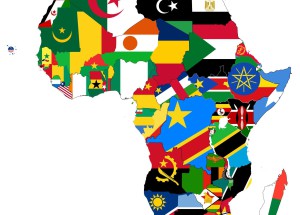 The monitoring of higher education market in a week lets to reveal the following trends in the development of higher education in Africa:
The monitoring of higher education market in a week lets to reveal the following trends in the development of higher education in Africa:
- Domesticdemand for higher education remains high. Many national universities are not able to satisfy the demand for education. As a result, African applicants have to realize their educationalrequirements
- The main disadvantage of local higher educationis stilla low level ofquality of services. There is also a disparity between the level of local education and demands of the labor market and global economic requirements.
- African governments recognize the need to continuously improve the level of funding for higher education. This taskis carried outin practicein the form ofpublic-private initiativesand international programs.
- There is a particular interest in thedevelopment of socialsciences and humanities, as a means ofsolving the acuteproblemsof the Africa.
- TheAfrican regionis promising forthe establishmentof foreigncontacts on theone hand. On the other handit is still dangerousbecause of the unstablesocial and political situationin some countries.
- Thenational universitiesfollow thecourseof internaltransformations and
At the same time, the analysis of QS World University Rankings 2015/2016 indicates compliance with international standards and indicators for a number of universities in Africa: University of Cape Town – 171 place; Stellenbosch University – 302, University of the Witwatersrand – 331, American University of Cairo – 345.
From 501 to 701 positions in the ranking also includes: Cairo University, Rhodes University, University of Pretoria, University of KwaZulu-Natal, University of Johannesburg, Ain Shams University.
By Yuliia Brylo

